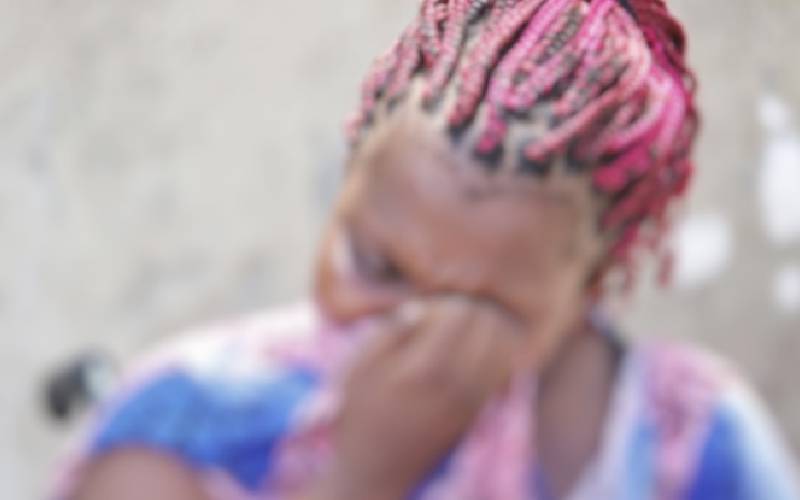×
The Standard e-Paper
Smart Minds Choose Us

Irene Aisha Amukuma during an interview at her home in Mombasa County on April 1, 2022. [Kelvin Karani, Standard]
On Friday, March 25, 2022, a court in Mombasa made a ruling that will confine two men to life in prison for one of the most vicious attacks that made it to a Kenyan courtroom.